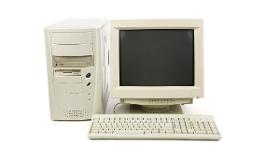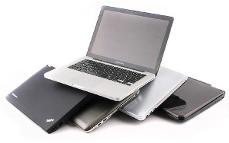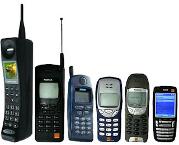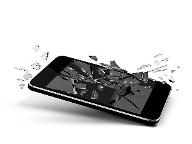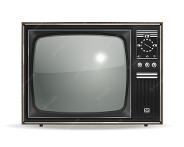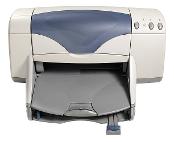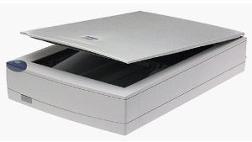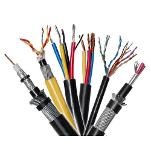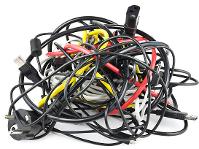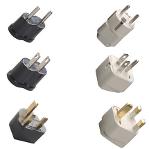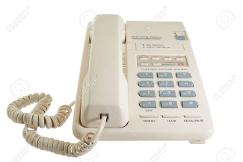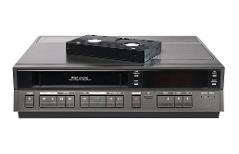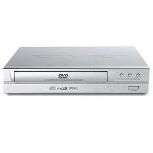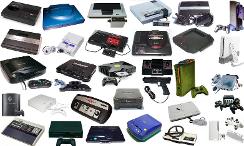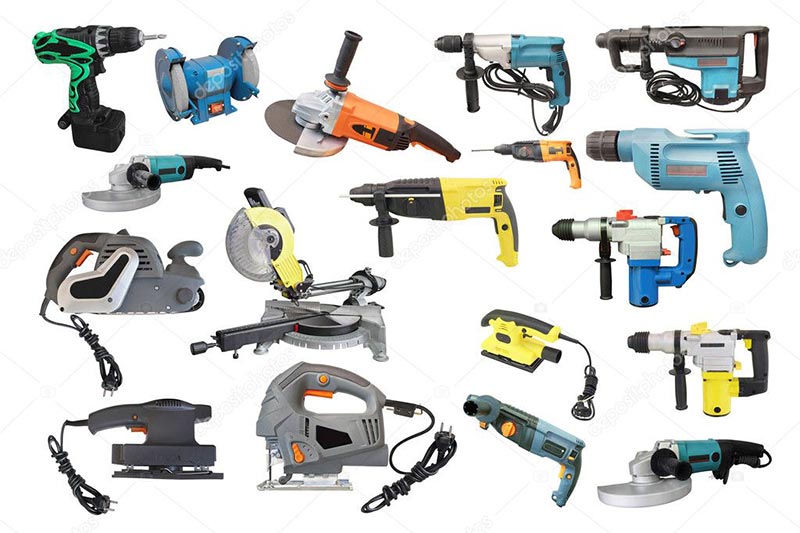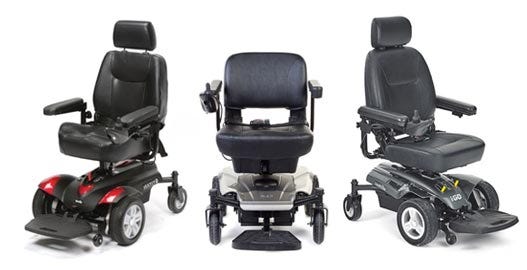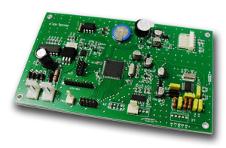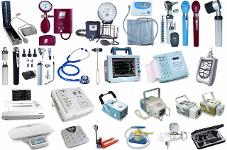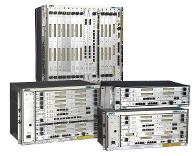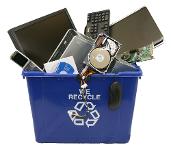OPENING HOURS
Monday-Saturday 10am - 6pm
Eastbourne E Waste recycle all electrical items... Free of charge! (DROP OFF ONLY)
You can see some examples of common items we recycle further down this page.
Click on the map or address below if you want your device to take you direct to us using Google maps.
What is E-Waste?
Electrical waste or E-Waste is a term for electronic products that have become unwanted, non-working or obsolete and have essentially reached the end of their useful life.
Please drop off any amount of your E-Waste items during opening hours. 10am - 6pm Monday - Saturday- Sorry but we cannot accept fridges, freezers, cookers, dishwashers.
we also collect E-Waste from schools, hospitals and all businesses in East Sussex free of charge (Minimum 6 items)
What happens to your hard drives & memory cards/sticks
All hard drives and any kind of memory cards/sticks will be dismantled and broken down for their precious metals and everything else is stripped and recycled accordingly.
Below are examples of some of the most common items we recycle.
LCD and Plasma televisions
Mobility scooters & wheelchairs
MORE ABOUT E-WASTE
Millions of mobile phones, laptops, tablets, toys, digital cameras and other electronic devices are destined to create a flood of dangerous “e-waste” that is being dumped.
The global volume of electronic waste is expected to grow by 33 percent in the next four years, when it will weigh the equivalent of eight of the great Egyptian pyramids, according to the United Nations StEP initiative, which was set up to tackle the world’s growing e-waste crisis.
Last year nearly 50 million tonnes of e-waste were generated worldwide or about seven kilograms for every person on the planet. These are electronic goods made up of hundreds of different materials and containing toxic substances such as lead, mercury, cadmium, arsenic and flame retardants. An old-style CRT computer screen can contain up to three kilograms of lead, for example.
Once in a landfill, these toxic materials seep out into the environment, contaminating land, water and the air. In addition, devices are often dismantled in primitive conditions. Those who work at these sites suffer frequent bouts of illness.
An indication of the level of e-waste being shipped to the developing world was revealed by Interpol last week. It said almost one in three containers leaving the EU that were checked by its agents contained illegal e-waste. Criminal investigations were launched against 40 companies. TVs, mobile phones and computers are all being replaced more and more quickly. The lifetime of products is also shortening.”
According to the STEP report, e-waste in China generated 11.1 million tonnes last year, followed by the US with 10 million tonnes, though there was significant difference per capita. For example, on average each American generated 29.5 kilograms, compared to less than five kilograms per person in China.
By 2022, Kuehr expects the volume of end-of-life TVs, phones, computers, monitors, e-toys and other products to be enough to fill a 15,000-mile line of 40-tonne lorries. In Europe, Germany discards the most e-waste in total, but Norway and Liechtenstein throw away more per person. Britain is now the world’s seventh most prolific producer, discarding 1.37 million tonnes, or about 21 kilograms per person. No figures are available from government or industry on how much is exported.
Although it is legal to export discarded goods to poor countries if they can be reused or refurbished, much is being sent to Africa or Asia under false pretences, says Interpol. “Much is falsely classified as ‘used goods’ although in reality it is non-functional. It is often diverted to the black market and disguised as used goods to avoid the costs associated with legitimate recycling.
Few countries understand the scale of the problem, because no track is kept of all e-waste, says the European Environment Agency, which estimates between 250,000 tonnes and 1.3 million tonnes of used electrical products are shipped out of the EU every year, mostly to west Africa and Asia. “These goods may subsequently be processed in dangerous and inefficient conditions, harming the health of local people and damaging the environment.
A study by the Massachusetts Institute of Technology suggests that the US discarded 348.8 million computers, monitors, TVs and mobile phones in 2020, of which only 66 percent was recycled. Nearly 180 million mobile phones were collected, most of which were shipped to Hong Kong, Latin America and the Caribbean. The shelf life of a mobile phone is now less than two years
but the EU, US and Japanese governments say many hundreds of millions are thrown away each year or are left in drawers. In the US, only 14 million mobile phones were collected for recycling in 2019 even though 120 million were bought. Meanwhile, newer phone models are racing on to the market leaving old ones likely to end up in landfills. Most phones contain precious metals. The circuit board can contain copper, gold, zinc, beryllium, and tantalum, the coatings are typically made of lead and phone makers are now increasingly using lithium batteries. Yet fewer than 10 percent percent of mobile phones are dismantled and reused. Part of the problem is that computers, phones and other devices are becoming increasingly complex and made of smaller and smaller components.
The failure to recycle is also leading to shortages of rare-earth minerals to make future generations of electronic equipment and causing the price of earth minerals to increase as the world uses more and more gadgets and not forgetting the next generation of electric cars.
Please help our planet by recycling your electrical goods, we do our best at Eastbourne E-Waste to recycle as much e-waste as possible.
Copyright Eastbourne E-Waste 2022

